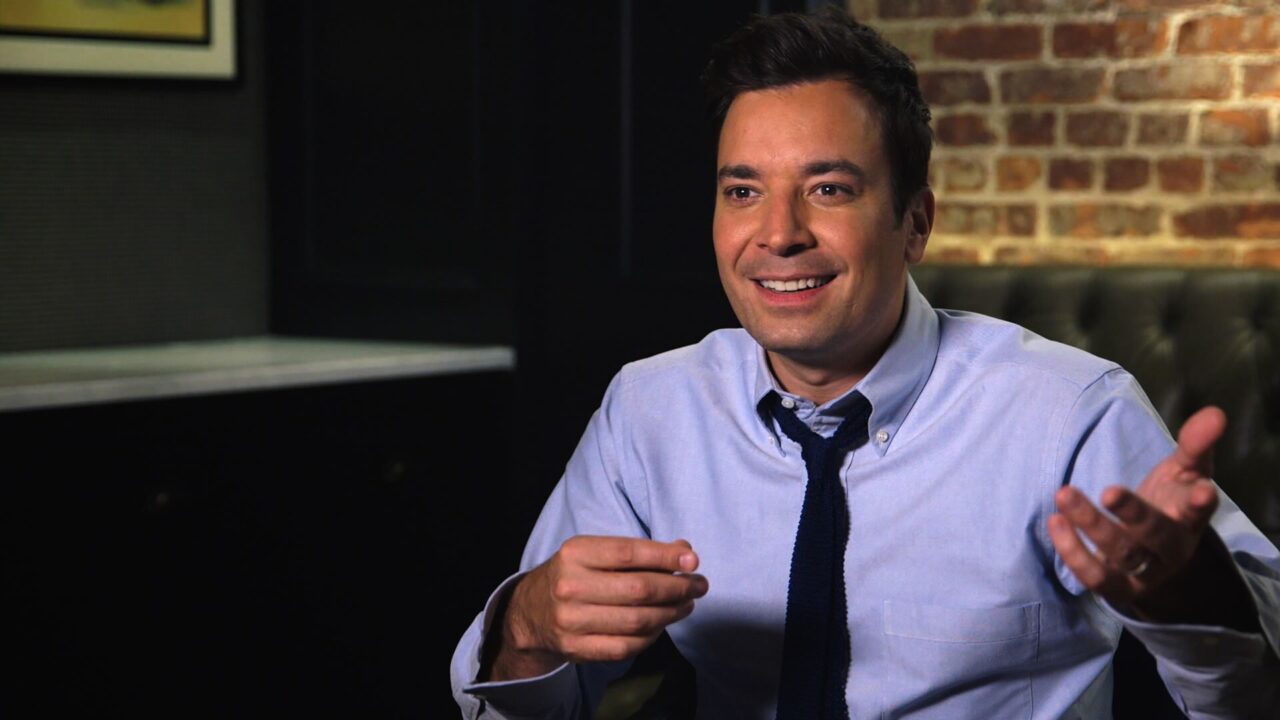Last year’s tragic death of Robin Williams shook a culture at large. Most regrettably, the devastating announcement was only a heartbreaking reminder of the pains and inner-torment that comes with the life of comedians and their life’s work, an extension of a fractured sense of self at the root of it all.
Misery Loves Comedy, a new documentary that rounds up an impressive group of comedians, attempts to address the underlying darkness inherent in the art form, and ultimately, ask whether or not misery is needed to be funny.
Unfortunately, what we receive is nowhere near the definitive answer to these questions, and is a less than stimulating watch that offers no advancement or worthy takeaway on this subject, that could and should have otherwise shined in these revelations.
Director Kevin Pollak’s Kickstarter-backed project drags from start to finish, in what is the film’s most fundamental problem: its looseness and unfocused vision, the antithesis of what any of these veteran comedians would tell you makes for good entertainment.
The famous names and faces here, from Tom Hanks to Jimmy Fallon, to Larry David, are the film’s most impressive part of this show, but the sheer number of comedians, from Judd Apatow to Martin Short, to Amy Schumer, continuously reminds us that these talents’ time and generics are being largely wasted.
Does Pollak really expect each of these comedians to open up honestly in answering whether they themselves deal with the darkness, and can talk in detail of it to our entertainment?
It’s a dead paced film, most attributable to all of the unforgiving elements that Pollak chooses to dress the thing with. Butt-ended interviews of recognizable faces and voices desperately need music underneath or in transitions, or at any point really, and the absence of it denies any fluidity.
The interviews, in their simple and flat staging, lack any depth or movement that could have animated these stories and moments in more revealing and honest fashions. Instead, Pollack proves cold, choosing to sit off-screen and dumping heavy-handed questions onto the talent for them to make the thing work. It’s a dynamic that seems to be felt throughout the film, and since the talent seems to be aware of this, uneasy dispositions lend to making the viewer think these sit-downs were captured in fleeting moments between these comedians other engagements.
Every talent seems to hit the same east target that’s in front of them, answering about their earliest awareness of “being funny,” the respective comedy “scenes,” the inevitable relationship with drugs, and the personal insecurities and fears that stem from it all.
These answers go about as far as the interviewees can reach, an extension of this film’s problem as the questions (broken up with a reappearance of title cards) are so simply asked. Basically, everyone answers Pollak’s awkward questions however they choose to appear on camera. Some are more open and vulnerable while the majority remain composed and un-offering into the mind of what we are so anxious to be.
The film continues to run through an uneven list of anecdotes, stories, memories, and other waxings on comedy philosophies. However, the truest highlights of the film also happen to, perhaps unsurprisingly, come up in some of these comedian’s more emotionally-baring confessions and honesties. Nick Swardson opens up about struggling with drug addiction at the age of fifteen until he was uplifted by Adam Sandler and moved his charged obsession to comedy. Maria Bamford offers the most insightful look into what this film should have been about, revealing her struggle with mental illness and her time in a psychiatric ward. These surprising and almost unsettling moments shine a light on what the rest of these comedians quietly struggle with.
Perhaps there is an inherent flaw in the set-up of this doc that limits it from being anything more. Does Pollak really expect each of these comedians to open up honestly in answering whether they themselves deal with the darkness, and can talk in detail of it to our entertainment? These comedians mostly skirt these ideas or pull at these threads much too lightly. For as interesting a premise, we’re mostly left in the same head space, none-the-wiser, or happier.
Misery Loves Comedy opens at the Sundance Cinemas West Hollywood today.
Ryan Rojas
Ryan is the editorial manager of Cinemacy, which he co-runs with his older sister, Morgan. Ryan is a member of the Hollywood Critics Association. Ryan's favorite films include 2001: A Space Odyssey, The Social Network, and The Master.

